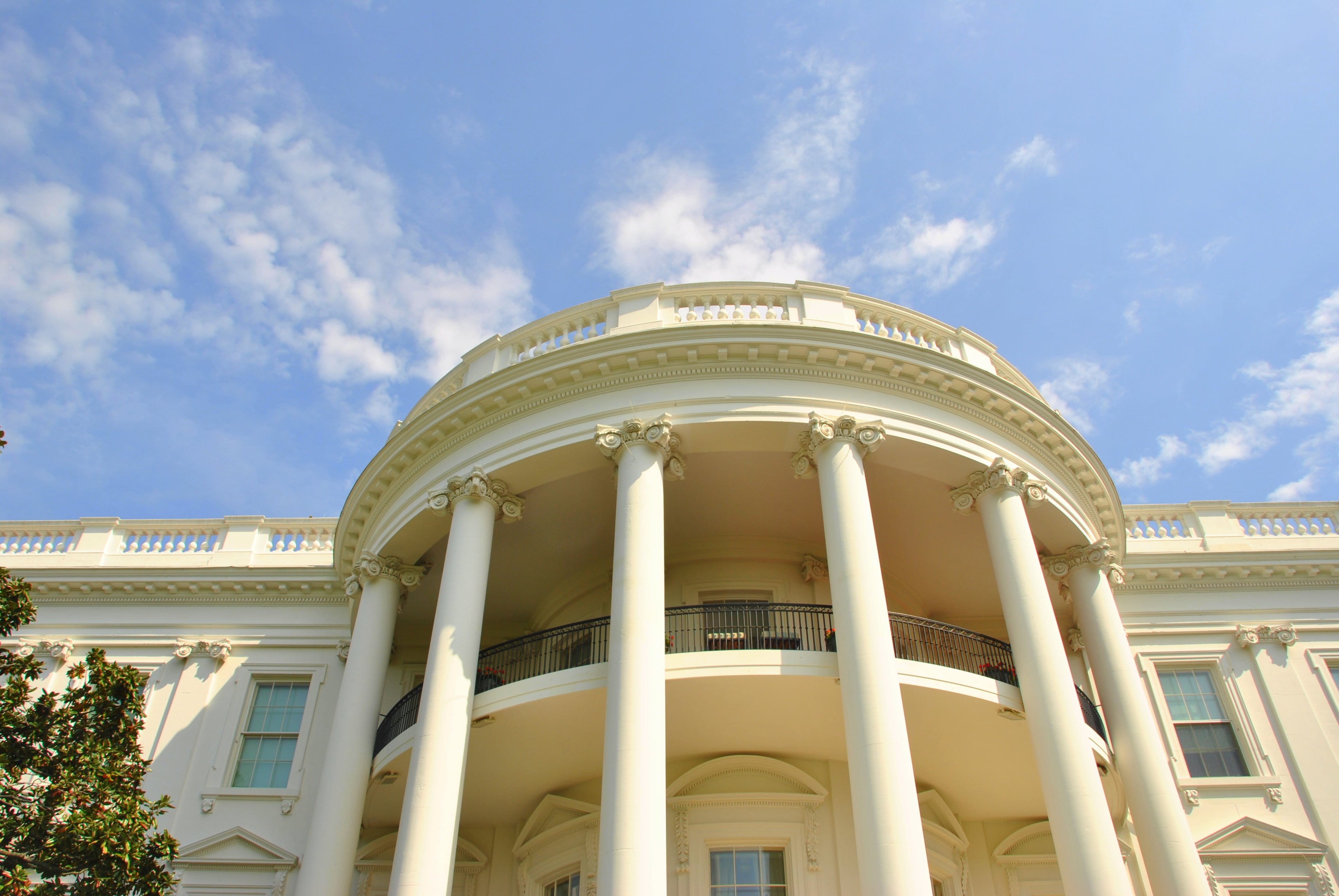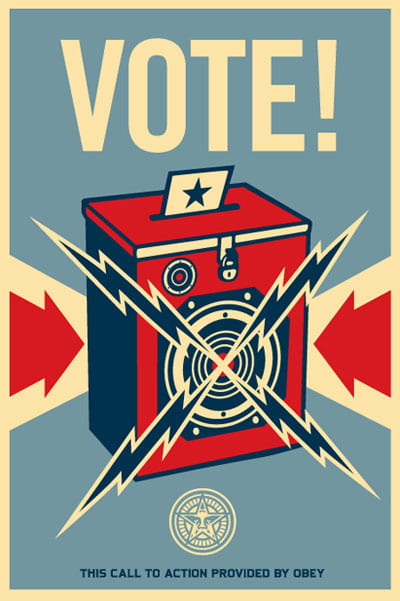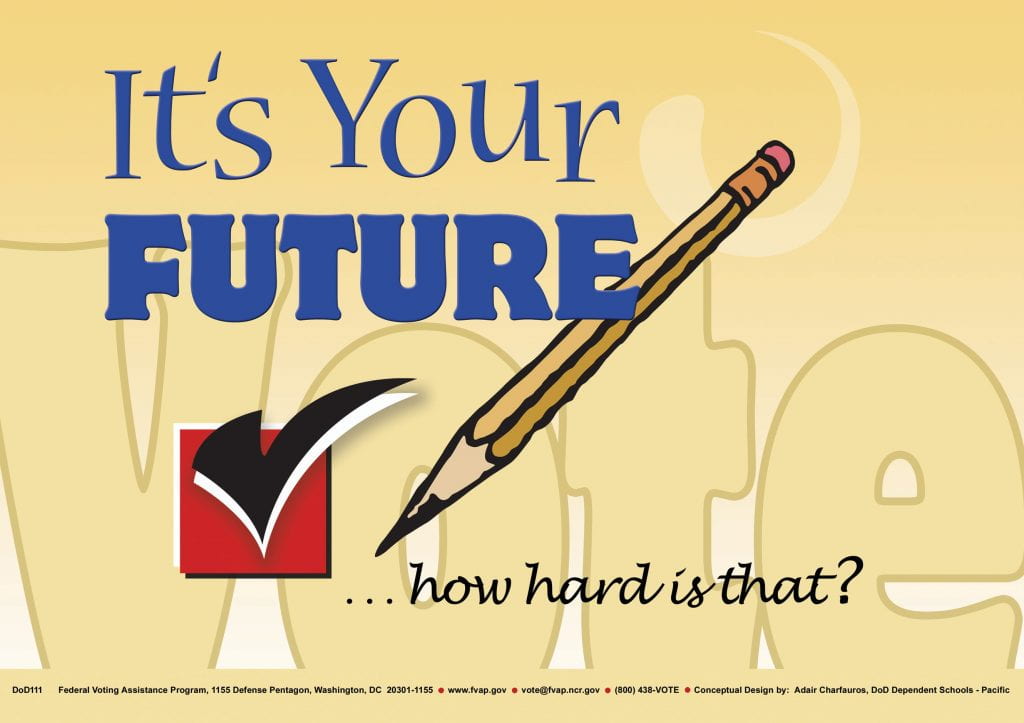In light of our midterm elections coming up here in the United States, I have decided to do a series of blog posts relating to voting and its importance in our society. This is the first in the series.

The Facade of a Democracy
When becoming a naturalized citizen of the United States of America, you are asked, “What is the most important right granted to an American citizen?” According to the American Government, the correct answer to that question is, “the right to vote.” However, the Constitution upon which our nation was founded does not explicitly grant the right to vote. It provides penalties and punishments against states that do not explicitly allow minorities to vote, but the Constitution does not fulfill the promise of democracy we associate it with. As a result, voter disenfranchisement is possible. It is possible so long as there are “opportunities” to vote, no matter how difficult it is for citizens to actually do it.
Voter disenfranchisement assumes many different forms, ranging from intimidation to falsifying information to suppression, and so on. Disenfranchisement goes back to the founding of our nation. Initially, white, male landowners were the only demographic allowed to participate in this civic privilege. Notice I defined it as a civic privilege, not a civic duty. It is our privilege to manifest our desires in the form of a ballot. We are not required by our government to vote, but we should be required to do so by our morals. The brutality of the Civil War technically gave racial minorities the right to vote, though they continue to be turned away at the polls without consequence. Later came the Jim Crow laws disbanding all voting rights African Americans barely had to begin with. To this day, voter suppression continues to be an issue rooted deep in American soil.
The hardest aspects of this phenomena to grasp are these: 1) the main avenue used to suppress minorities are institutionally mandated and 2) they are ignored by a majority of Americans.
Registering to Vote
The most common form of disenfranchisement involves creating barriers to register to vote, making it harder for many Americans to participate in our democracy. In 2011, thirteen states introduced bills that ended Election Day and same-day voter registration, limited voter registration drives, and reduced opportunities for voters to register. These states were Minnesota, Wisconsin, Maine, New Hampshire, Colorado, Maine, Ohio, Florida, Texas, New Hampshire, Rhode Island, South Carolina, and Mississippi.
Let’s unpack this. By ending same-day voter registration, people who have to work long hours during the week to support their families have to plan out and likely take off work to register to vote before the deadline. With limited voter registration drives, less and less people are able to easily register to vote – African American and Hispanic people are twice as likely to register to vote at a drive than their white counterparts. Finally, without ample opportunities to register to vote, you can imagine how it impacts voter registration numbers (hint: they did not go up. At all).
Since 2011, the number of states with voter suppression laws has increased to twenty-five – half of the entire country. In addition, there is presently talk of creating federal mandates that would enact voter suppression laws nationwide.

Early Voting
Early voting, sometimes referred to as in-person absentee voting, allows people to vote prior to Election Day. These people typically participate in early voting because they are unable to get to their polling place on Election Day for several possible reasons: they need to work during the week but can vote early on the weekend, they do not have reliable transportation and may only be able to go to their polling place on a specific day, and/or many other plausible reasons. As of this year, 34 states and the District of Columbia allow no-excuse early voting – meaning they do not have to provide an excuse to vote early, it is just possible for everyone. Oregon, Washington, and Colorado have enacted all-mail voting, which eliminates the need for early voting.
So, why are we not all enacting early voting? The main argument against it is the level of political knowledge early voters have as compared to those who vote later. There are developments that come out closer to Election Day (think of the Kennedy-Nixon debates which happened until October). If people vote 46 days in advance (like they now can in Minnesota), their information is skewed compared to those who waited to hear candidates speak at town halls, debates, etc. While this is a valid point, only 36% of voting Americans utilized early voting in the 2016 Presidential Election. Yes, that is a lot of people, but a majority of Americans are still using the traditional form of voting.
Low-Income Voters Lose
Those who suffer the most at the hands of voter disenfranchisement are poor people. Right before the 2016 Presidential election, 31 DMVs were closed in Alabama as ordered by then-Governor Robert Bentley. The counties affected were Camden, Eutaw, Greensboro, and other counties in the state that is characterized as majority poor and African American people. Alabama also passed a law burdening citizens by requiring them to have photo identification to exercise their right to vote. The most typical form of voter identification is the driver’s license, and where do people get a driver’s license from? The local DMV. But what do you do when your local DMV is closed down and you do not have the proper transportation to get to the nearest, open DMV?
Because of the excessive DMV closures, people within those counties now have difficulties getting proper voter identification, getting registered to vote, and, ultimately, voting on Election Day. Democracy means participation from the people; without the participation of the people, we are not in a functioning democracy. Instead of creating barriers to voting, we should be dismantling barriers to voting.
Voting as a Human Right
Though it may not be an explicit Constitutional right, it certainly can be argued that voting is a human right, given the potential outcomes from high voter participation. According to the United Nations High Commissioner for Human Rights (UNHCR), “The right to take part in the conduct of public affairs, including the right to vote and to stand for election, is at the core of democratic governments based on the will of the people. Genuine elections are thus a necessary and fundamental component of an environment that protects and promotes human rights.” We are lucky enough to have the “prerequisite human rights” that allow us to vote and participate in our democracy: the right to freedom from discrimination, the right to freedom of opinion and expression, the right to freedom of association and of peaceful assembly, and the right to freedom of movement, so we must take advantage of these rights.
The will of the people takes corporeal form in a vote, giving the people power over those who govern them; however, that does not go to say power is a human right. It means voting grants the possibility to have our wants and needs met and that we have a greater chance in the pursuit of meeting our human rights.
If the will of the people is ignored, unmet, and/or barred, democracy is not functioning. If one cannot vote due to systematic and intentional barriers, this individual is denied her or his human rights by proxy of their government. In the United States, our solution is persistence. No matter how many DMVs are closed down and no matter how many barriers are placed by whoever or whatever, we must persist to shape our reality how we wish.
Anyone can be a public servant and make a difference in this world and you are never too young or too old to do so. Here are potential solutions to circumvent voter disenfranchisement:
- First, make sure you are registered to vote. If you are not, visit TurboVote and do it as soon as possible to make sure you register on time to vote in your state.
- Register others to vote. It is very simple! All you need is the national voter registration form, clipboards for convenience, pens, and rubber bands. Don’t forget to check if your family is registered!
- If you are able to drive to a DMV or polling place, take others.
- Simply talk to others about voting. Voter education is something we, as a society, lack. Encourage others to look at politicians’ campaign promises and what they are wanting to do to combat voter suppression.
- Organize. Being with others who have the same goal as you will push you to do more and get more done.

Voting in any democracy is a reminder to governments that they work for us, not the other way around. We must use our vote as our echoing voice. We owe it to our children, our underrepresented neighbor, and ourselves to exercise our privilege to vote. If you are reading from somewhere in the United States, remember to get to the polls and vote on November 6th.
